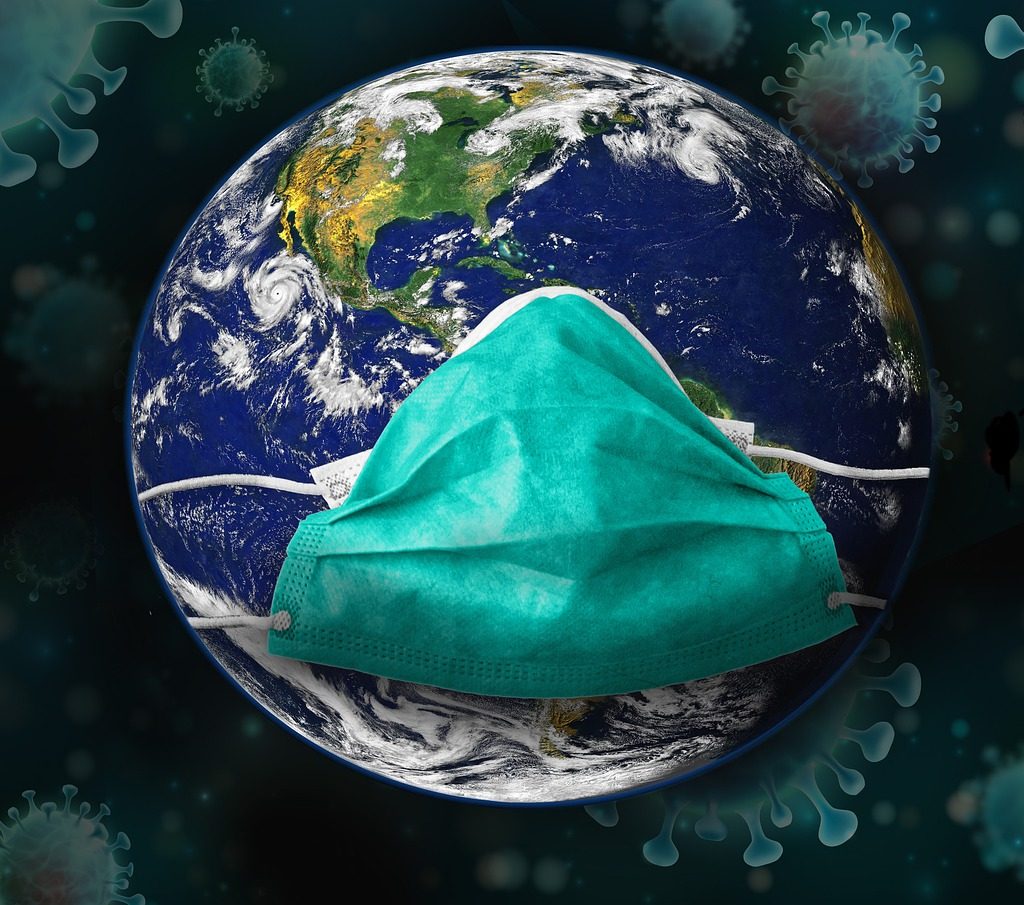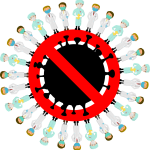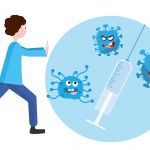The term “pre-COVID” has shaped history in the MENA region. People use it to classify events as before and after COVID-19. A woman in her 50s recall when hugging loved ones, grandchildren, and shaking hands were allowed. “Social distancing,” “lockdown,” Stimulus packages, “PCR,” and “Quarantine from our spoken language, she said. Mideastern societies have to check masks and hand sanitizer before leaving home, updating mandatory COVID-19 contact tracing mobile applications before going to the mall, or enjoying a dinner in a restaurant. Travel has become something from the past.
When we listen to and watch these radical and rapid changes that afflicted societies, you may think that these events have lasted for decades. It has been only seven months since the Chinese doctors confirmed that the disease that spreads rapidly in Wuhan was due to the new Coronavirus and published its genetic makeup.
After seven months of COVID-19 in the MENA region, what we do we know and, most importantly, what we do not know about this pandemic
Crisis Management
What we know:
- The Corona crisis has been seized in a large number of countries and harnessed for political agendas.
- Mainstream and social media uses fear tactics occasionally and sometimes downplaying the effect of disease to serve political agendas.
- Overlooking scientists and subject matter advice, whether they are doctors, economists, and risk and disaster specialists.
- The fragility of the social and economic umbrella that protects the working class in most developing countries.
- The absence of a health disaster management system that is driven by science and risk management.
- The extent of the depletion of infrastructure and health resources in most countries, regardless of the billions allocated in previous government fiscal budgets.
What we do not know:
- Why do countries did not act according to the principle of international partnership and cooperation for the sake of people’s interests?
- Why is the principle of balance between health and economy was rejected in some fragile economies?
- Why do countries do not exchange information and knowledge about health risks and lay down plans, especially neighboring countries, to limit the spread of the disease and maintain health, the economy and the movement of people?
What we know:
- Children who contracted the disease were not at the same rates as adults
- Children and adolescents should not be brought together when it is related to Covid-19
What we do not know:
- How did the disease spread among 132 student camp-goers in the US state of Georgia, the majority of whom were children?
- Why did the US CDC publish a report on the increase in hospitalization rates for children under the age of 18?
- Is there a unified strategy for returning children to school in light of reports indicating the possibility of infection and infection of children?
The Source of The Virus
To date, it is not clear exactly when and where the virus passed from animal to human causing this ongoing epidemic around the world
What we know:
- The World Health Organization has established that the virus spreads in the throat and lungs. Therefore the transmission of the virus is through direct contact with an infected person or touching a surface contaminated with the virus.
- The use of masks has become mandatory in many countries to limit the spread of the disease.
- Infected pets such as cats are do not play a significant role in the chains of infection
What we do not know is why a kind of collective and societal ignorance has appeared in dealing with the scientific data on virus transmission.
Treatment
What we know:
- Lung specialists have confirmed that artificial respiration utilizing ventilators under positive pressure can cause great harm. Doctors recommend a respirator as an option in a critical emergency.
- Despite the slight acceleration in the healing process Remdesivir showed, it is not considered a treatment for the virus that causes the disease,
- Hydroxychloroquine is an ineffective drug in treating Covid-19 patients.
What we know:
According to the WHO, there are five vaccines in the first phase of human trials all over the world by the end of June 2020, while there are seven in the first and second place amine test (tracking all vaccines) and there is only one vaccine already in the third phase
What we do not know:
- Whether there will be a vaccine against SARS-CoV-2
- Suitability for everyone!
- Availability in mass production for all!
- How much will it cost?
- Would it have side effects?
- Does it work for children?
- Would be mandatory for all population?
- Would countries require it before traveling?
All are remaining to be answered in the coming few months, we hope.





